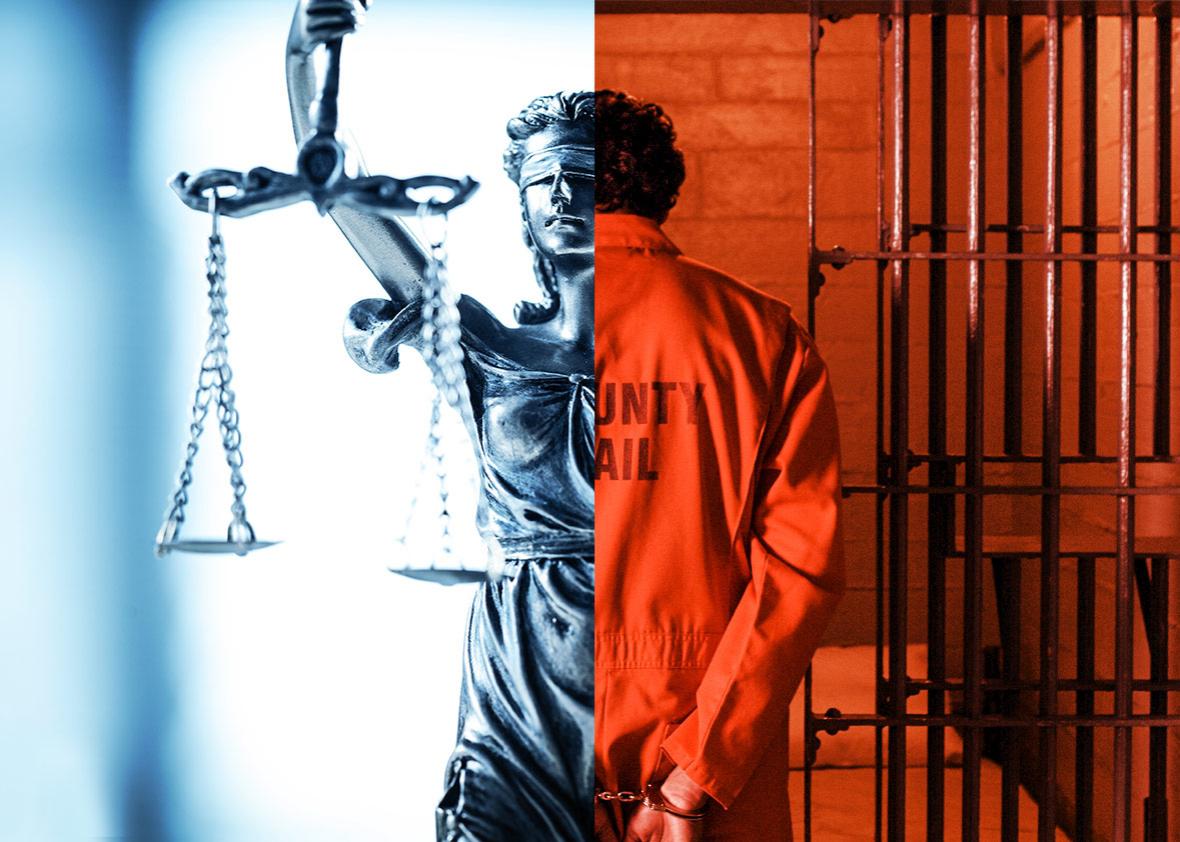Over the past several years, a consensus has emerged among progressives and conservatives alike that the American criminal justice system arrests and incarcerates too many people. The nation’s jails and prisons hold a population of millions—a disproportionate number of them black and Latino, and a majority of them poor. There are enough different reasons to be appalled by this state of affairs—it costs unspeakable amounts of money, it is grotesquely inefficient, it takes a crippling social toll on communities of color, it represents a moral stain on a country that sees itself as a bastion of freedom—that policymakers across the ideological spectrum have started trying to work together to undo it.
At the federal level, Donald Trump and his attorney general, Jeff Sessions, will likely disregard those bipartisan calls for reform and attempt to usher in an era of renewed severity based on the false claim that America is in the grips of a nationwide crime wave. There is no doubt their law-and-order rhetoric will have an impact on the fragile alliance that has formed between right and left on the need for justice reform. However, most of the power to change how the justice system works in this country rests with local actors—prosecutors and law enforcement officials who operate largely out of the public eye and whose actions are rarely scrutinized.
Starting this week, Slate is partnering with Harvard Law School’s Fair Punishment Project to create “Trials and Error.” Our collaboration will attempt to illustrate the reality of the justice system via thorough, fair, and accurate investigative journalism and policy analysis. Trials and Error will dig into messy and complex stories that lay bare the truth about how the American criminal justice system operates and how its rules are implemented. We will challenge conventional wisdom, use data to question our own assumptions, and debunk received wisdom about the justice system when it warrants debunking.
This partnership will draw upon veteran criminal justice reporters from the Fair Punishment Project, among them Daniel Denvir, Larry Hannan, Josie Duffy Rice, Rebecca McCray, and Jessica Pishko. Trials and Error will also feature academic voices, including Ron Sullivan, John Pfaff, Brandon Garrett, Carissa Hessick, Leah Litman, Vesla Weaver, and Daniel Medwed. For more information about the Fair Punishment Project, visit the group’s website.
